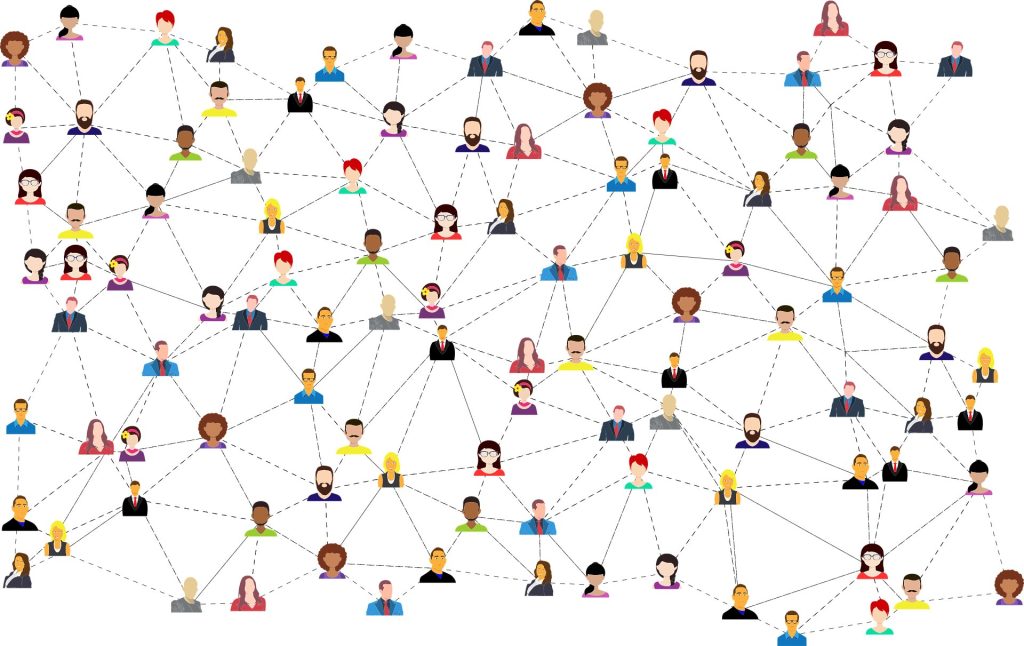Imagine how a little promise can shape the choices children make! A recent study sheds light on how having a partner can impact a child’s ability to delay gratification, bringing fresh perspectives to the well-known marshmallow experiment. Let’s dive into this intriguing research, which highlights the magic of friendship and collaboration even from afar!

Back in the 1970s, psychologists at Stanford University conducted a groundbreaking study to explore the delicate balance of self-control in children. In the famous marshmallow experiment, kiddos faced a tantalizing choice: eat one marshmallow right away or wait a little longer to enjoy two. This simple test revealed a lot about their ability to delay gratification.
Over the years, researchers noticed a fascinating trend: children who managed to wait for the bigger treat often experienced more positive life outcomes as they grew up. However, they’ve also come to understand that the backgrounds of these children played a significant role. Many of those who couldn’t resist the marshmallow came from environments where trust was hard to come by, shaping their immediate responses.
Now, a team of psychologists from the University of Manchester, collaborating with a researcher from Mohammed VI Polytechnic University in Morocco, took a fresh approach to the classic study. They aimed to see how children might behave if given a partner in this waiting game.
Taking the experiment online, they paired children in their homes with another child they didn’t know. Each child was shown a delectable treat and told they could earn a better one if both of them managed to wait. However, their partner’s commitment to wait was also put on display—either the partner promised not to eat, or they looked uncertain.
The results were quite heartwarming! The children were much more inclined to wait for the better treat when their partner confidently pledged to hold off. But if the partner seemed unsure, the original child’s resolve wavered significantly. The support of a promise made a remarkable difference, even when the children couldn’t directly interact.
This study illuminates the power of cooperative behavior among children, suggesting that even without direct communication, a simple promise could enhance their ability to delay gratification. It’s a beautiful reminder of how connection and camaraderie can shape our decisions and interactions, regardless of distance.
More information:
Rebecca Koomen et al, Does promising facilitate children’s delay of gratification in interdependent contexts?, Royal Society Open Science (2025). DOI: 10.1098/rsos.250392
© 2025 Science X Network
If you would like to see similar science posts like this, click here & share this article with your friends!




